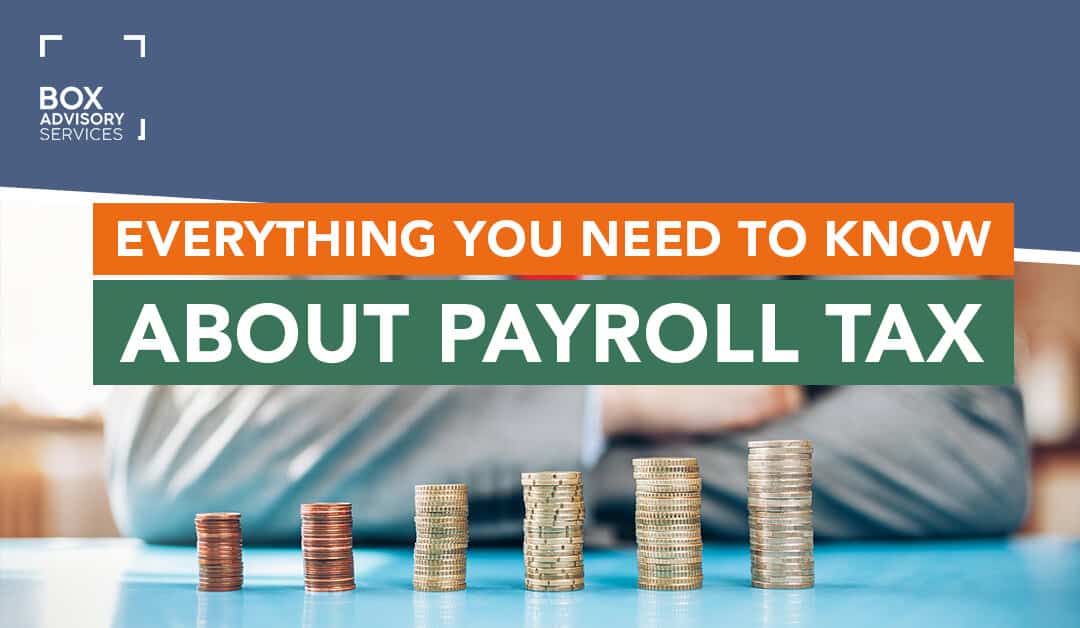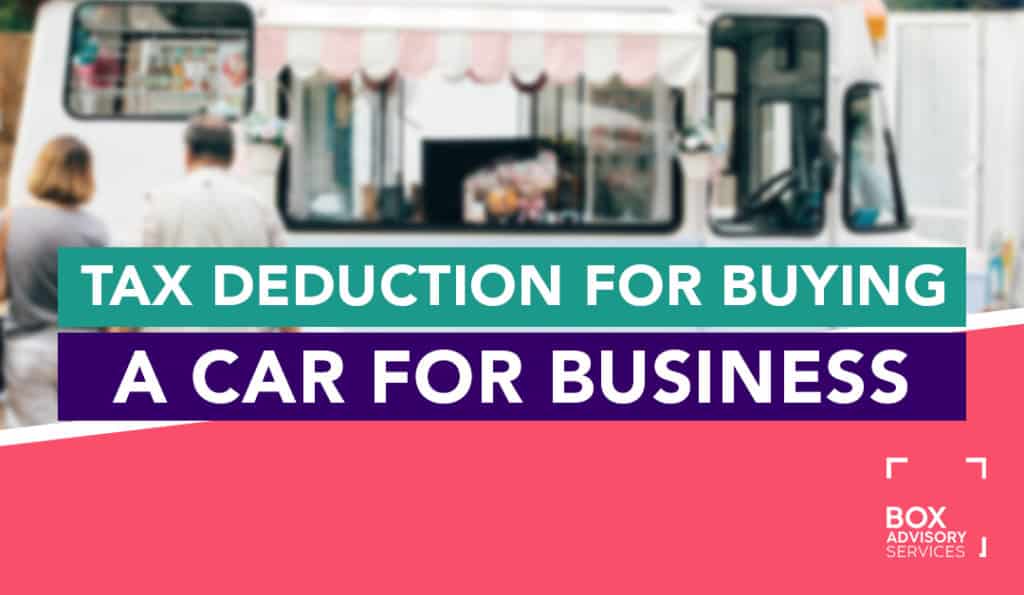
BY
|
Essential Things You Need to Know About Payroll Tax
Payroll tax is tax payable where a business’s wages exceed specific thresholds that are imposed by each state or territory.
According to the Bureau of Statistics, payroll tax represents about 30% of state tax revenue.
As a business owner, it’s essential that you’re equipped with all there is to know about your payroll tax obligations.
We’ve put together this ultimate guide to the payroll tax to help you ensure that your business remains tax compliant in accordance with the rules imposed by your state or territory.
What Is Considered Taxable Wages?
The following list must be considered when calculating your annual taxable wages:
- wages;
- annualised salaries;
- commission and bonuses;
- allowances;
- superannuation contributions;
- directors’ fees
- accrued annual leave;
- payments to contractors;
- cash payouts for termination of employment;
- fringe benefits
- wages paid to sick or injured staff; and
- employer contributions to employee share schemes.
Note that paid parental leave or maternity leave is not considered as taxable wages for payroll tax purposes.

When Is Your Business Required To Pay Payroll Tax?
Not all businesses are required to pay payroll tax. You’ll only be liable to meet payroll tax obligations if the total wages you pay to your employees amounts to more than the threshold.
As payroll tax is a state and territory imposed tax, different thresholds are applicable depending on where your business operates.
Where your business’s total wages amount to more than the relevant threshold in a financial year, the following payroll tax rates are applicable for the 2020/21 financial year:
| State or Territory | Annual Wage Threshold | Payroll Tax Rate |
| New South Wales | $1,200,000 | 4.85% |
| Victoria | $650,000 | 4.85% (regional Victorian employers only have to pay 2.02%) |
| Queensland | $1,300,000 | 4.75%: where taxable wages amounts to $6.5 million or less; or 4.95%: where taxable wages amount to more than $6.5 million. (regional Queensland employers are entitled to a 1% discount on the payroll tax rate until 30 June 2023) |
| Western Australia | $1,000,000 | 5.5%: taxable wages up to $100 million; 6%: where taxable wages amounts to more than $100 million but less than $1.5 billion; or 6.5%: where taxable wages amount to more than $1.5 billion. |
| Tasmania | $ 1,250,000 | 4%: where taxable wages amounts to more than $1.25 million but less than $2 million; or 6.1% where taxable wages amount to more than $2 million. |
| Australian Capital Territory | $2,000,000 | 6.85% |
| Northern Territory | $1,500,000 | 5.5% |
| South Australia | $1,500,000 | 0% – 4.95% variable for wages up to $1.7 million; or 4.95% for wages above $1.7 million. |
However, take note that each state and territory typically change their payroll tax rate each year, so make sure to confirm that you’re paying the applicable rate. All rates and thresholds can be accessed on the state or territory’s revenue office.
What Happens When You Employ Staff in Different States or Territories?
All wages paid to an employee for a month’s service are taxable in state or territory. This is known as the nexus provisions.
The purpose of the nexus provisions is to ensure that businesses are not double-taxed.
According to Payroll Tax Australia, all states and territories have agreed to the same nexus provisions in an effort to harmonise payroll tax administration.
According to the nexus provisions, where an employee performs work in one state or territory, the payroll tax is paid in that state or territory, not where the business is based.
Example:
Based in New South Wales (NSW), Company X hires a few representatives in Victoria to start establishing a client base for when they eventually open their offices there permanently.
As the representatives perform all their services in Victoria, Company X will be liable to pay payroll tax in Victoria provided the total annual (or monthly) wages are above the threshold.
Where services are performed in more than one state or territory, the nexus provision provides a 4-tiered test to determine where payroll tax must be paid:
- Does the employee have a primary place of residence (PPOR) in an Australian state or territory? If so, the payroll tax is payable in that state or territory. If not, then proceed to the next step.
- Does the employer have a registered ABN address the primary place of business (PPOB) in an Australian state or territory? If so, the payroll tax is payable in that state or territory. If not, then proceed to the next step.
- Were the wages paid or payable in an Australian state or territory? If so, the payroll tax is payable in that state or territory. If not, then proceed to the next step.
- Were the services performed mainly in one Australian state or territory? If so, the payroll tax is payable in that state or territory.
If your answer is no to all four questions, you won’t be required to pay payroll tax in any state or territory.
Payroll Tax Grouping of Related Entities
Where a business owner has more than one business, and there is a link between the companies, the companies can be grouped together for payroll tax purposes.
Business entities can be grouped where the entities:
- are related corporations;
- are commonly controlled;
- use common employees;
and where:
- one entity has a controlling interest in another entity; or
- two payroll tax groups have common members.
In cases where business entities are grouped and carry out business in the same state or territory, only one member (known as the Designated Group Employer) will typically claim the tax-free threshold.
All the other business entities (or group members) will be liable for payroll at the applicable payroll tax rate on the combined annual taxable wages.
Key Takeaways
Payroll tax is a state tax meaning each state or territory has different rates and thresholds for payroll tax.
Given this fact, employers must ensure that they analyse their obligations regarding payroll tax payment with the relevant state revenue offices – especially regarding nexus provisions and provisions relating to grouped entities.
Failure to register and pay payroll tax may result in financial penalties.
At Box Advisory Services, our small team of experienced accountants can help you navigate through a payroll tax and ensure that you’re compliant with the relevant state or territory rules.
To find out how we can help you, book a free consultation today!



